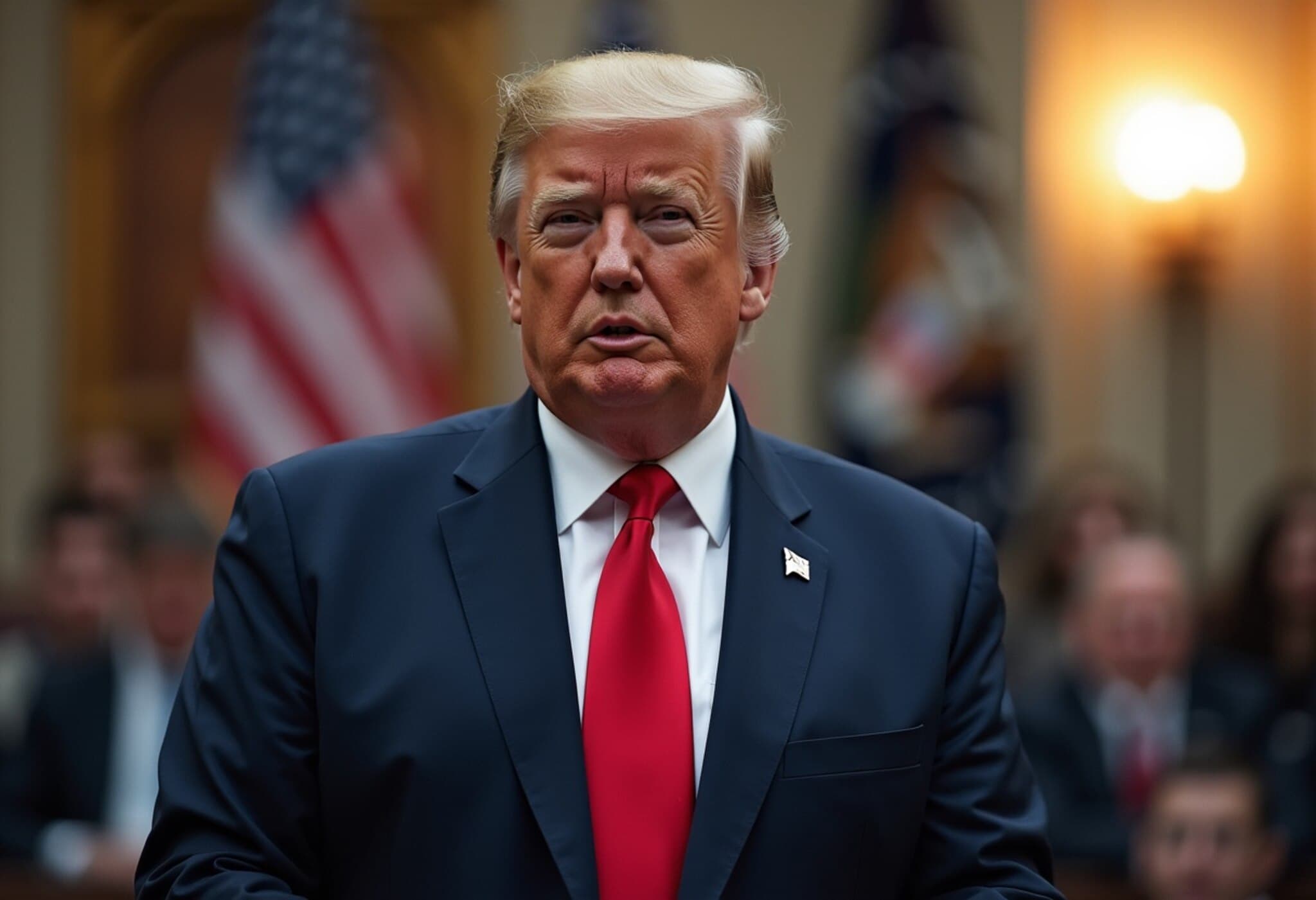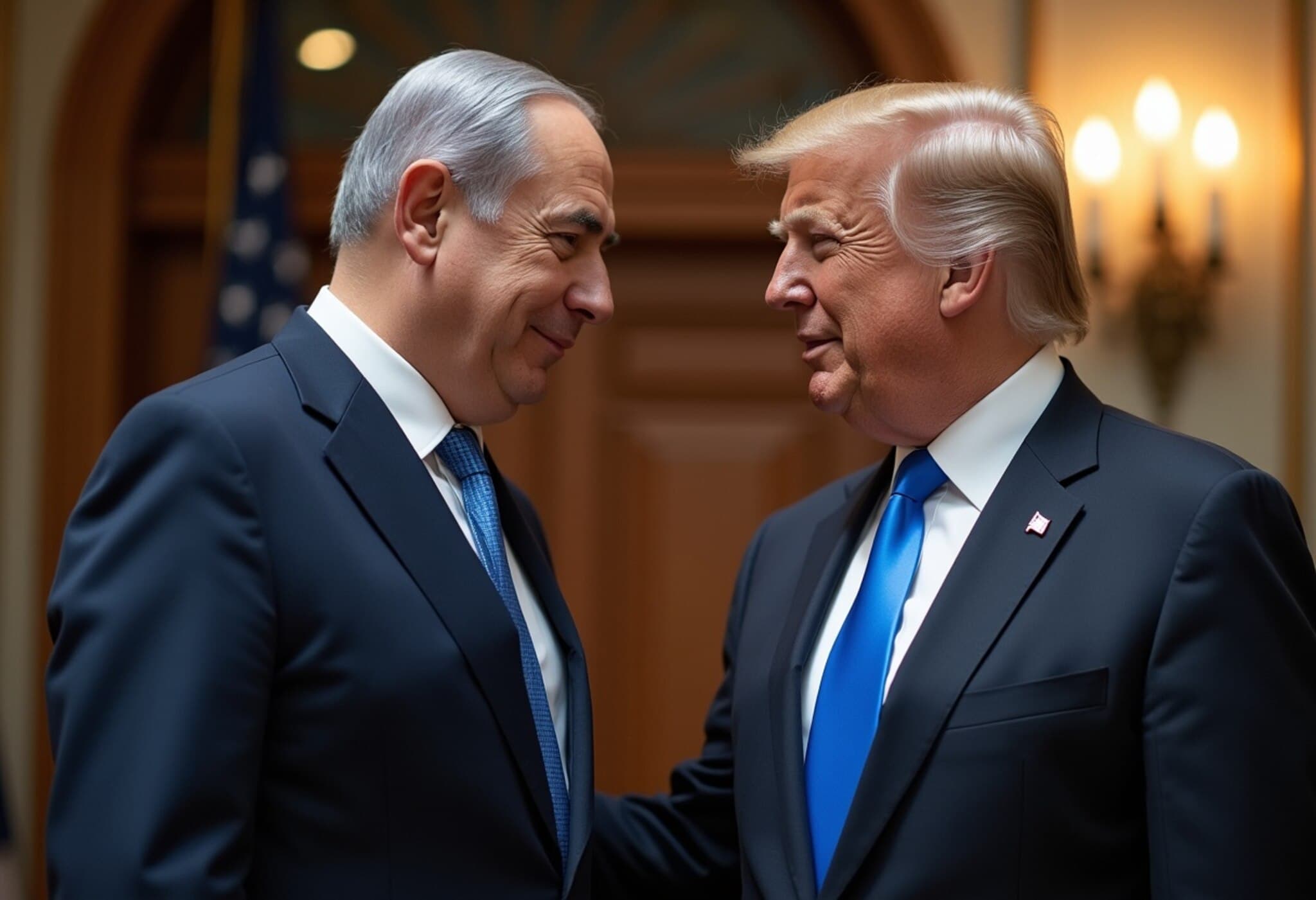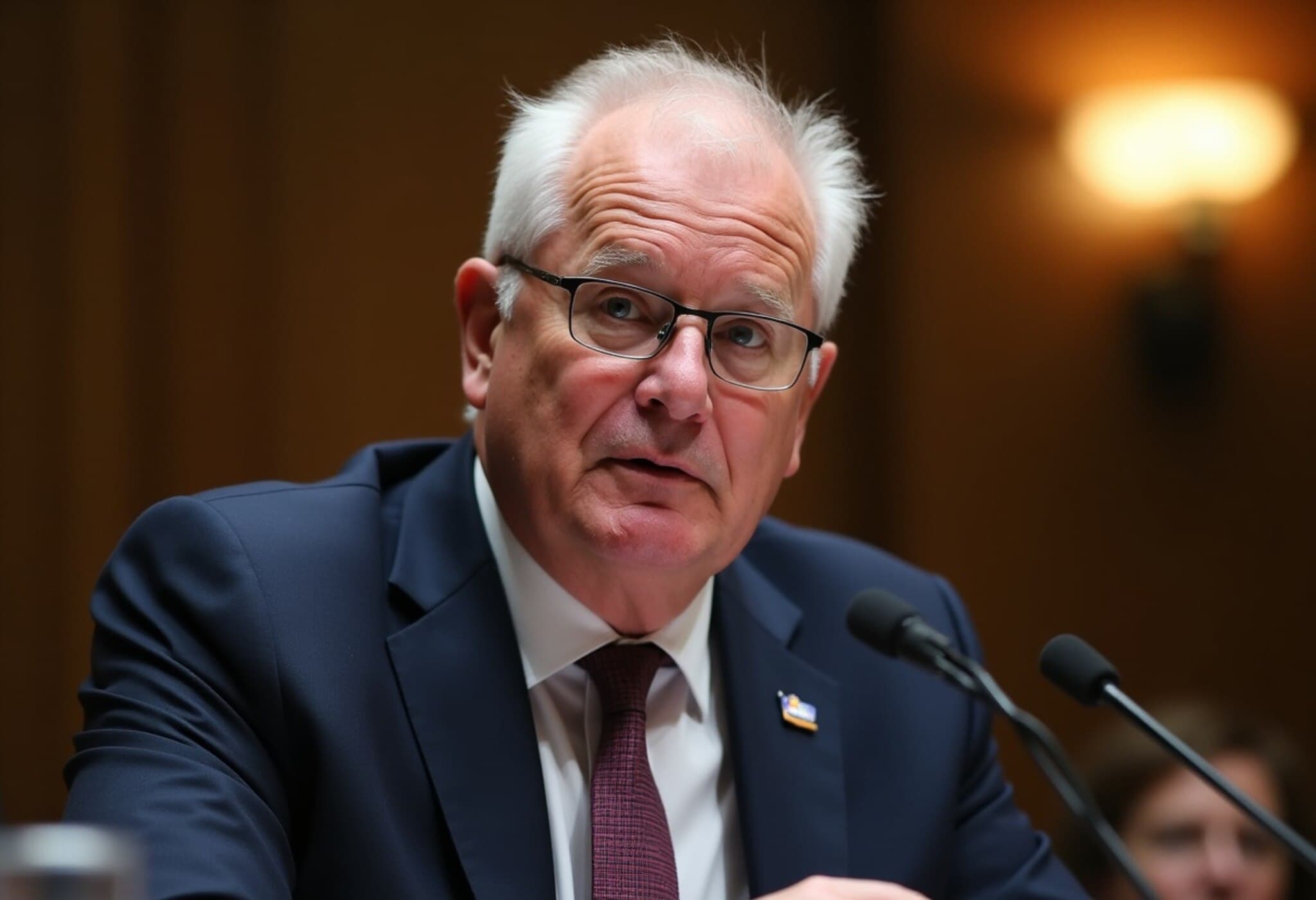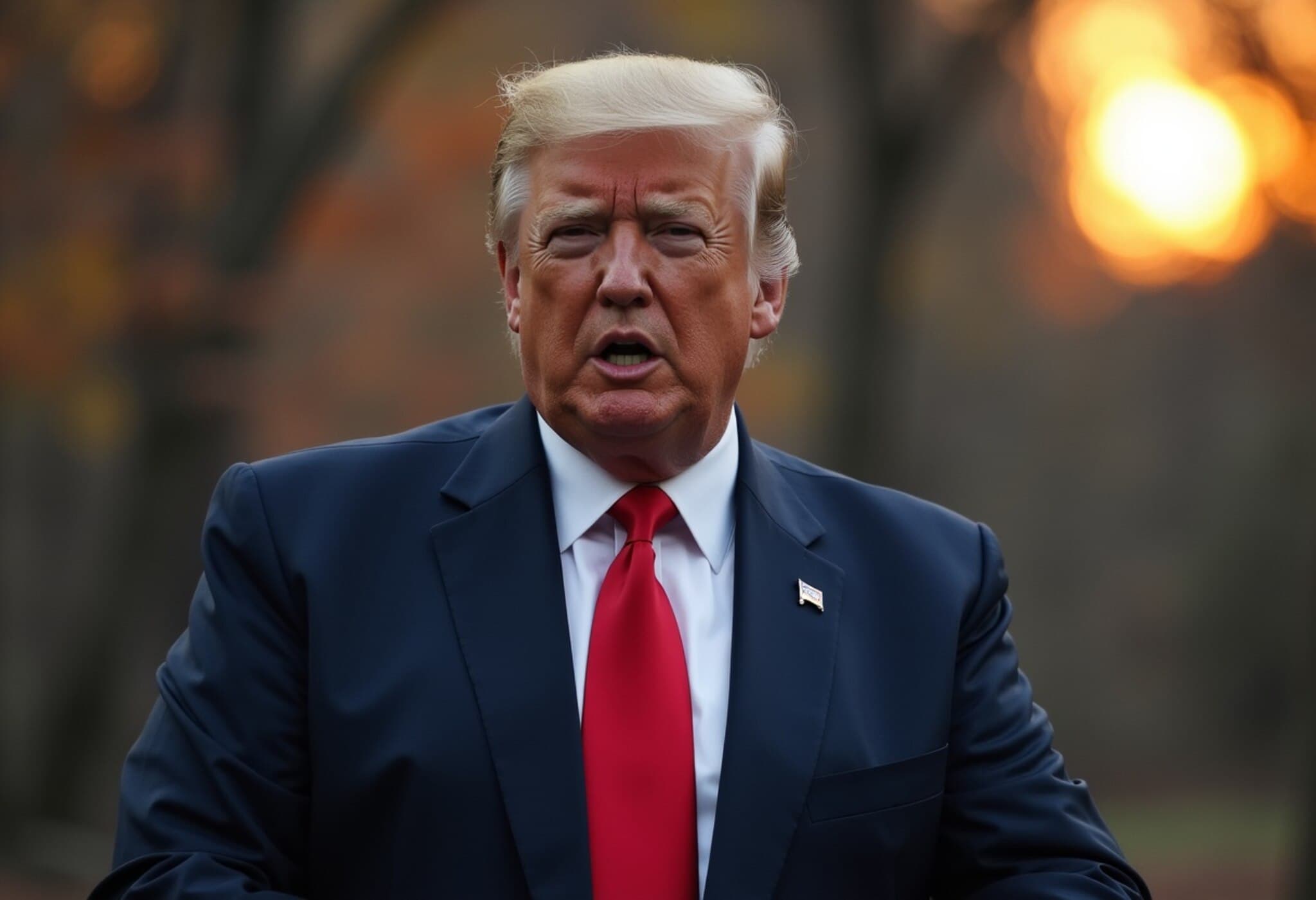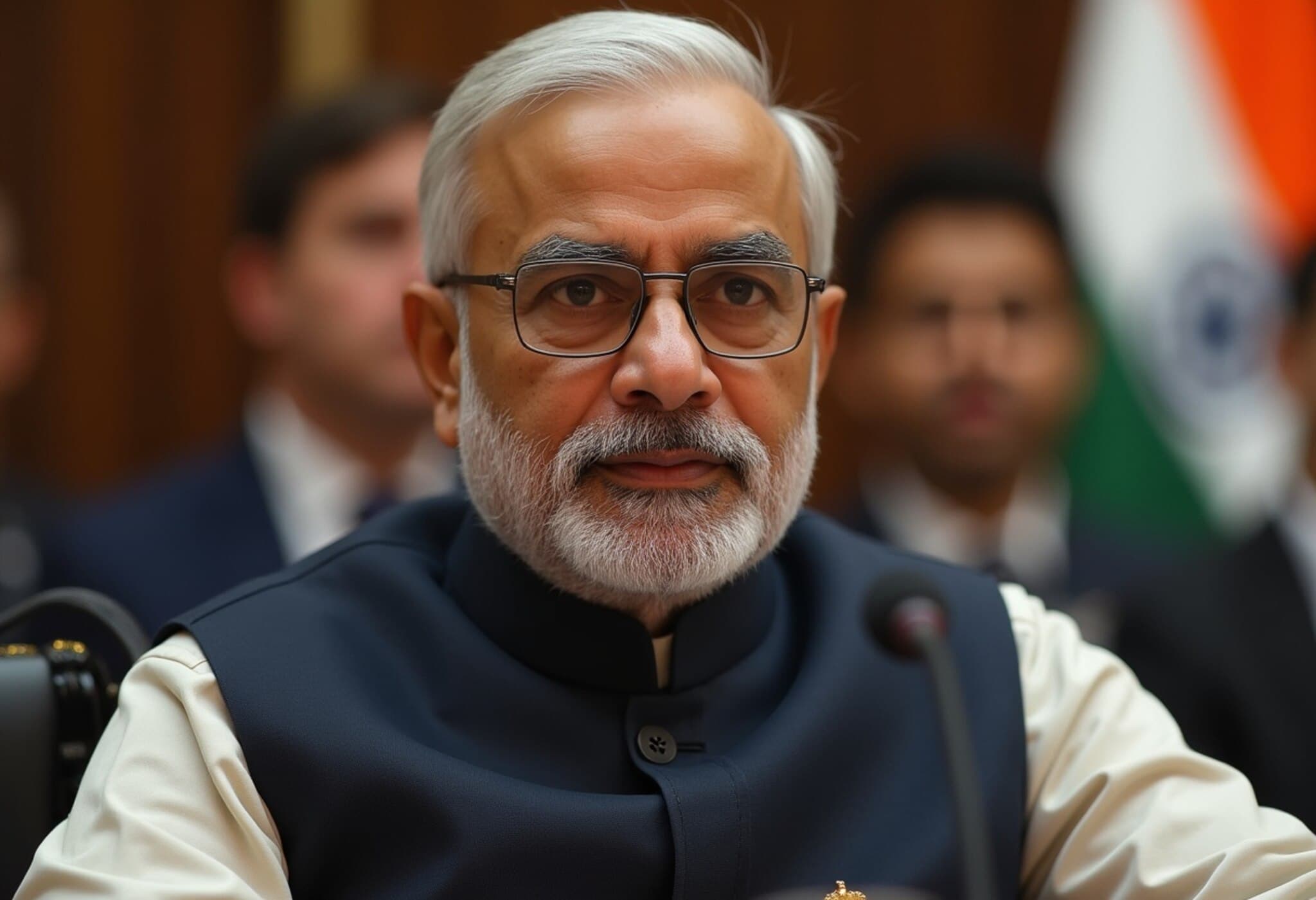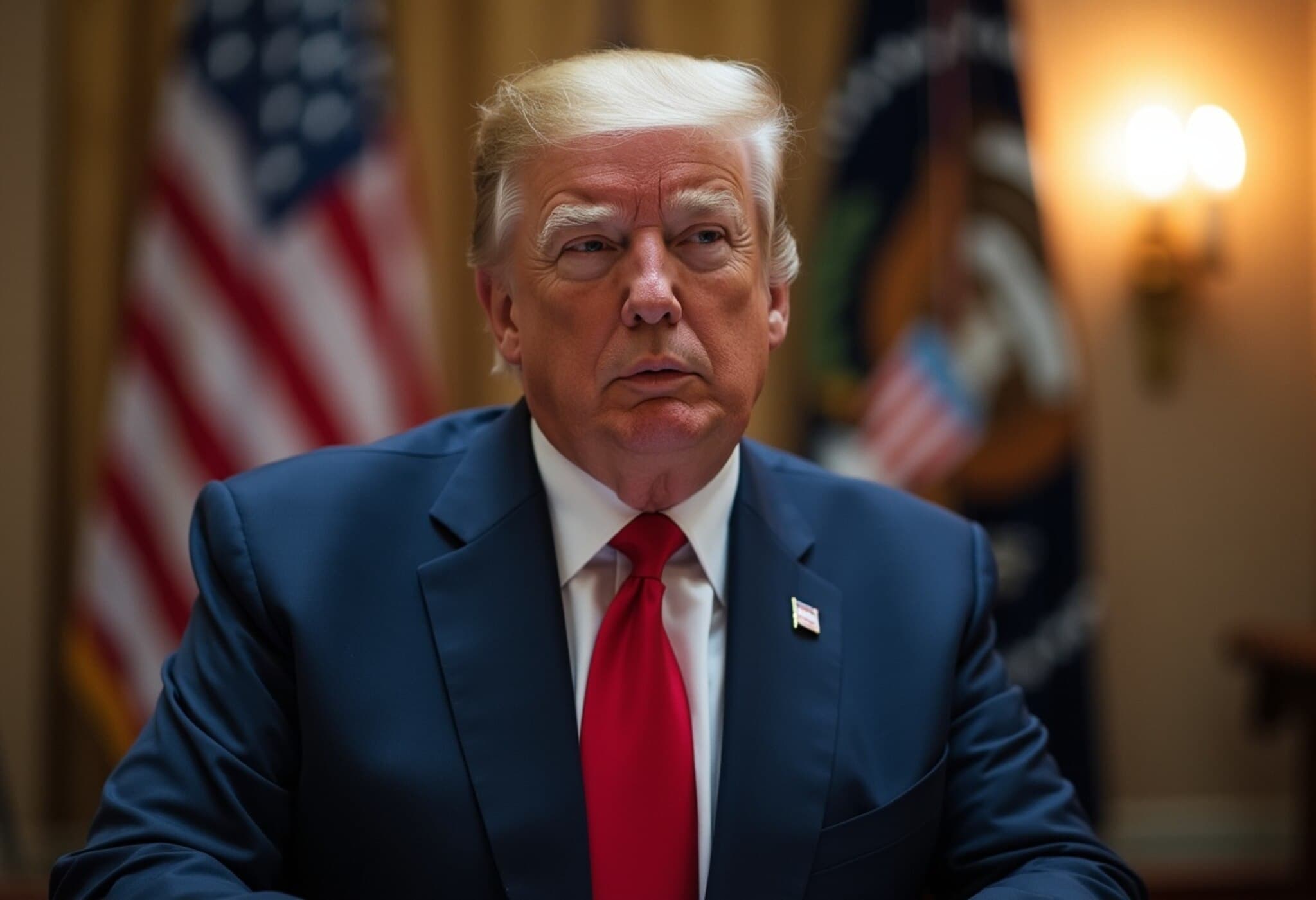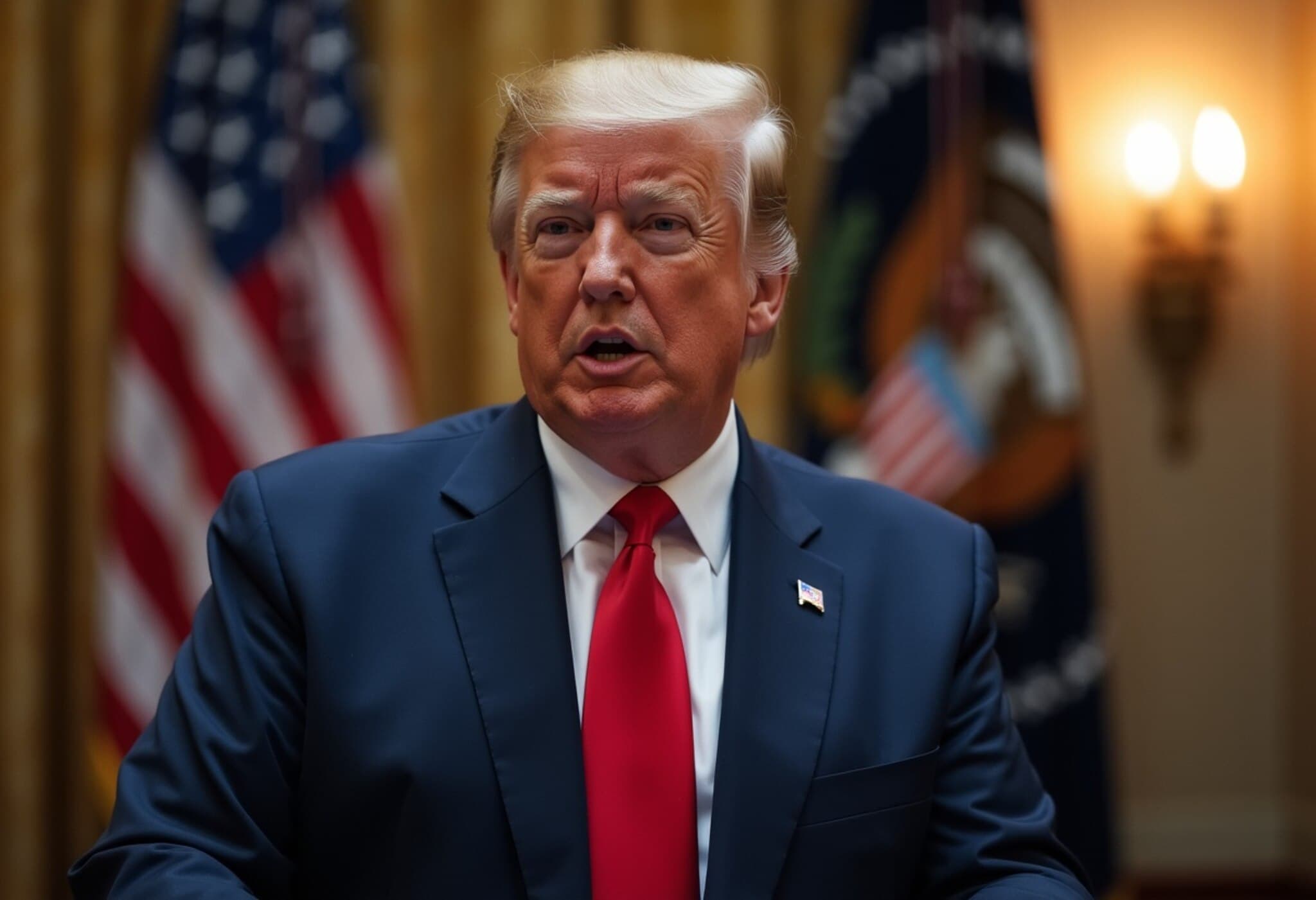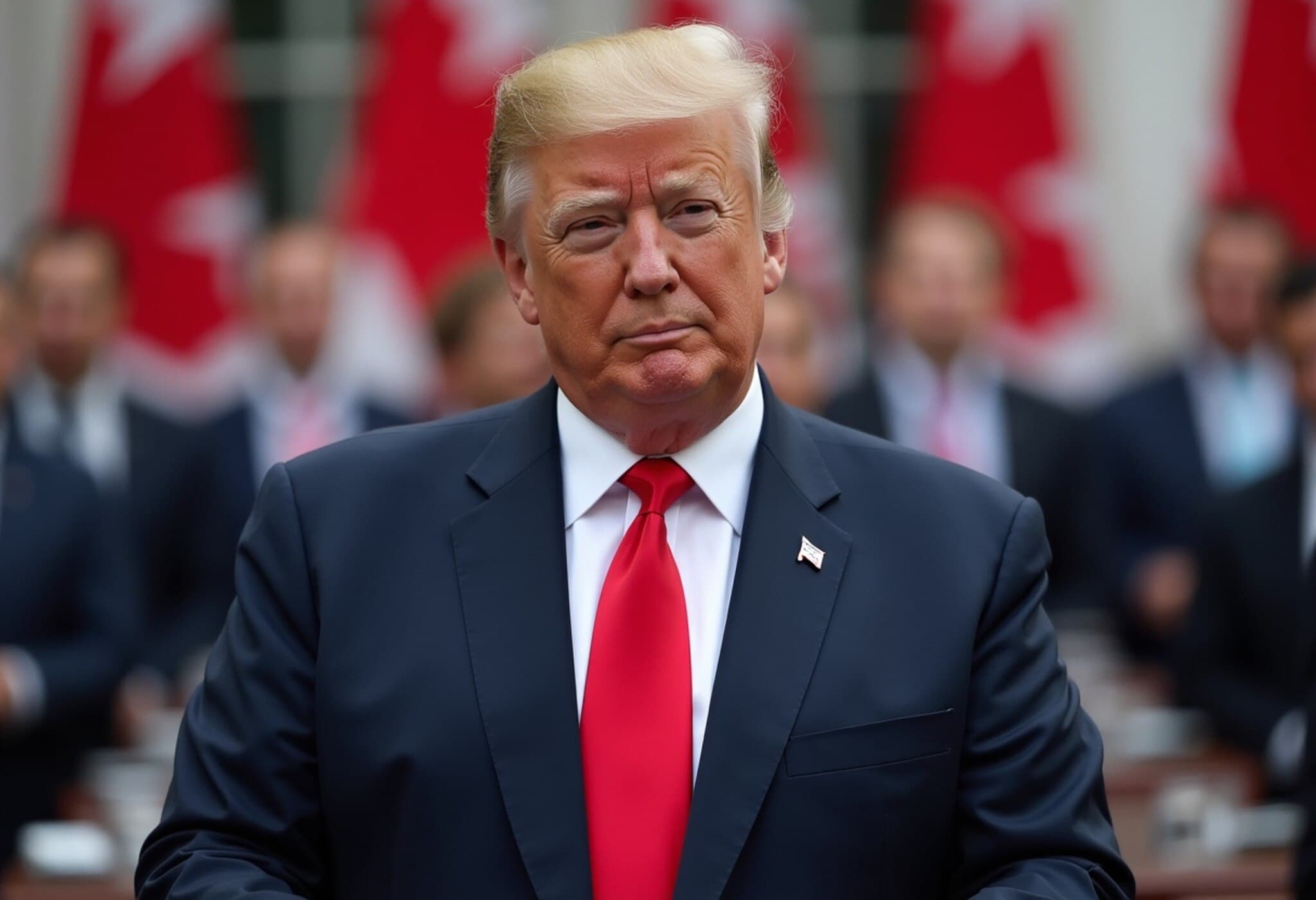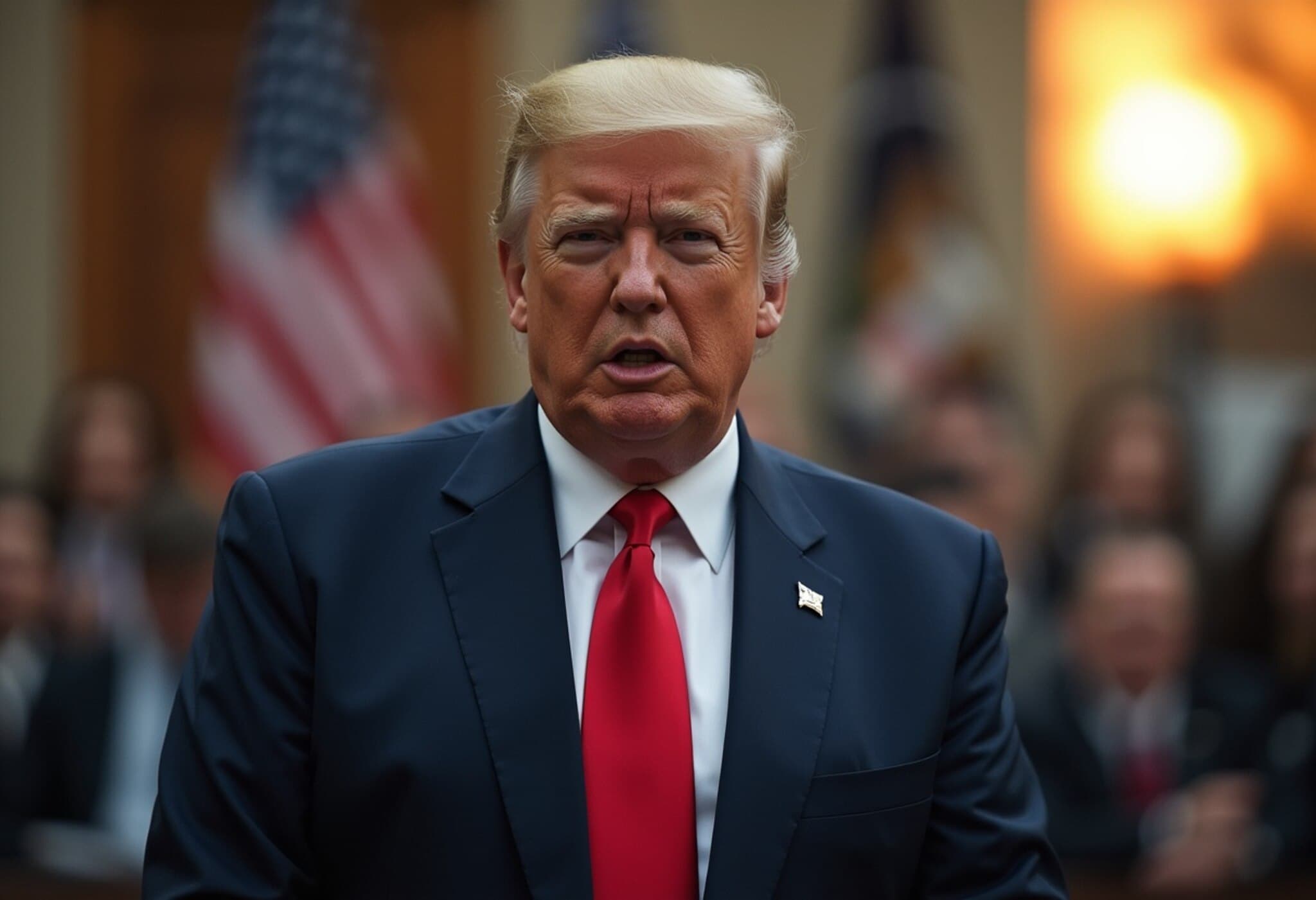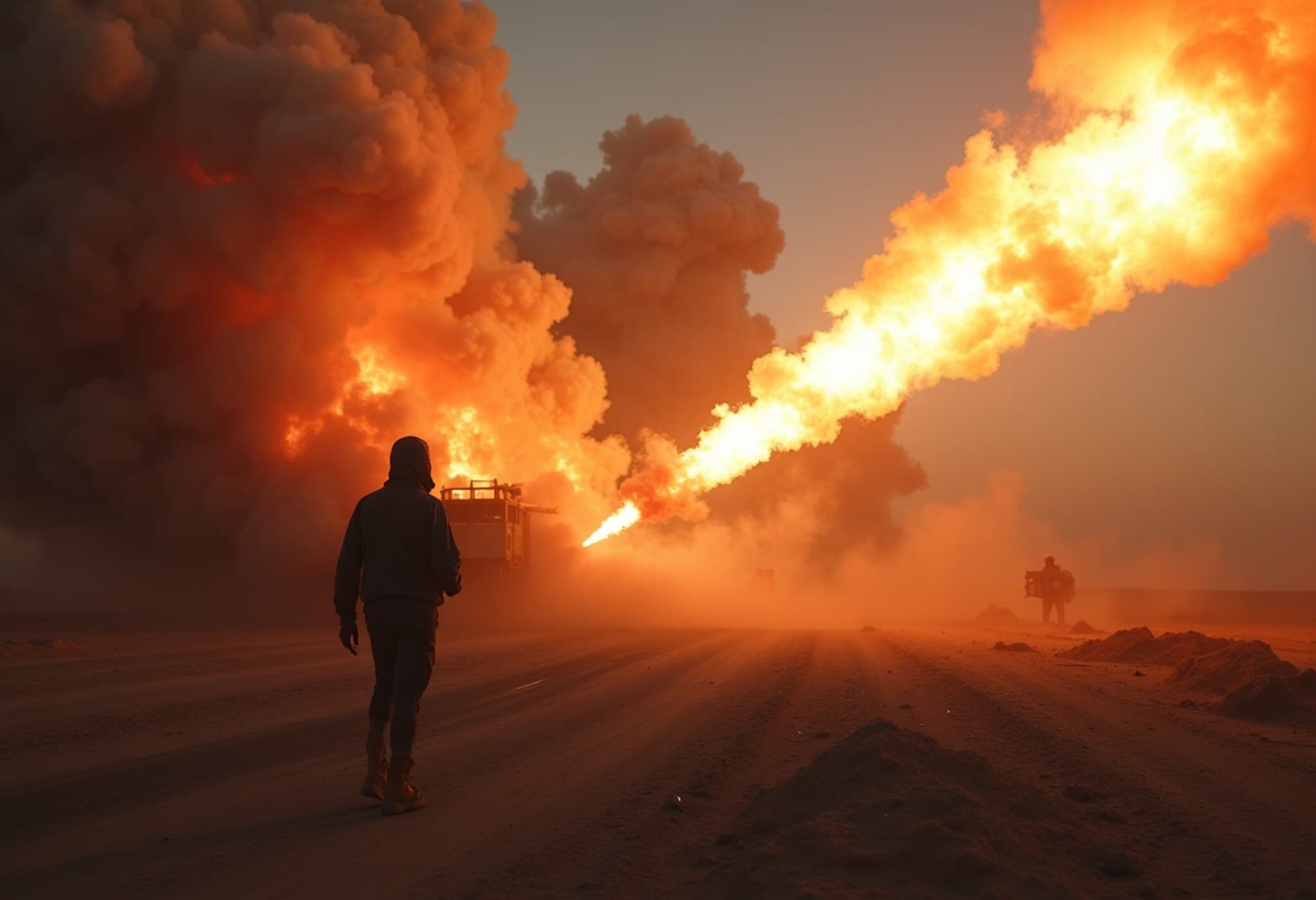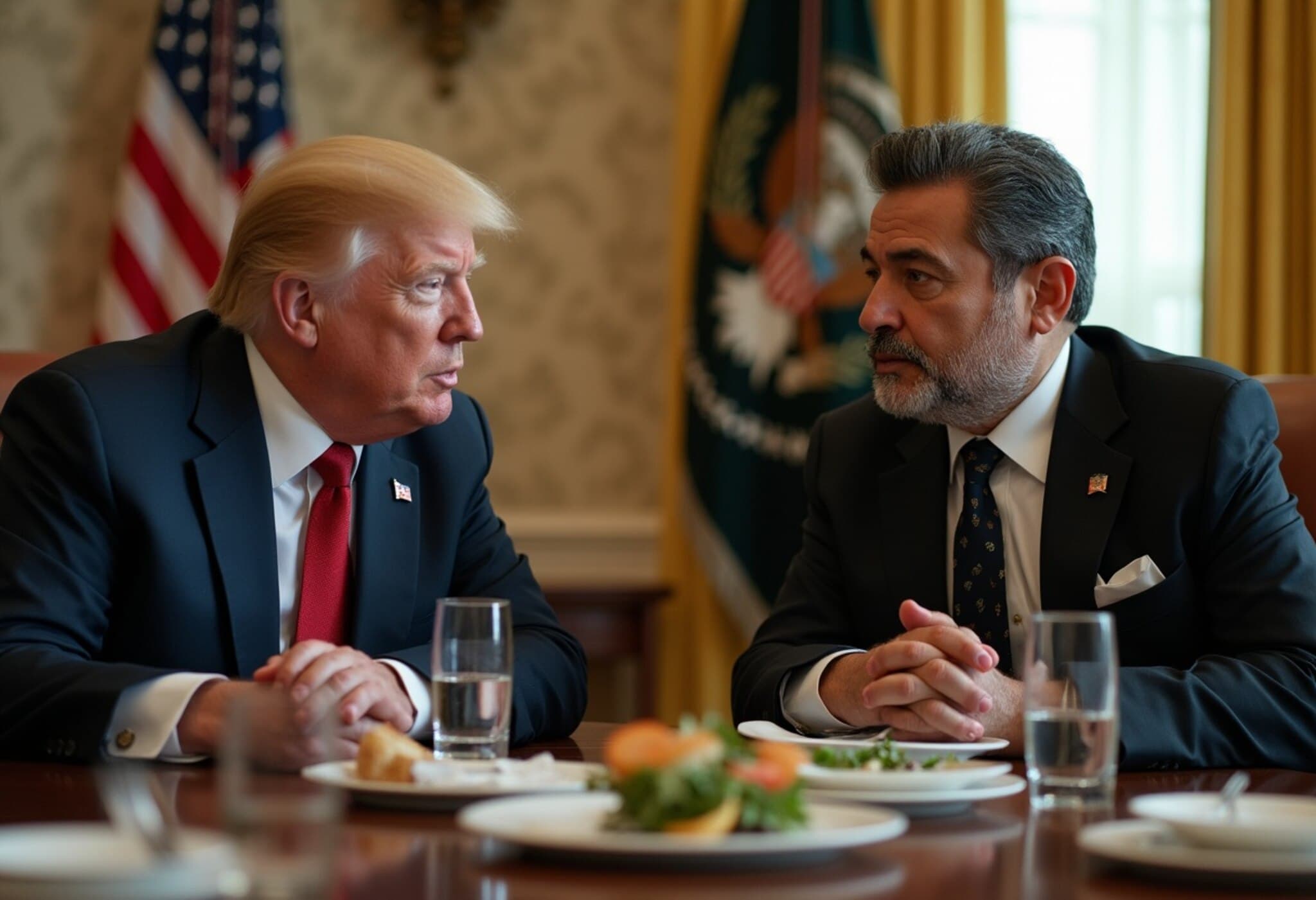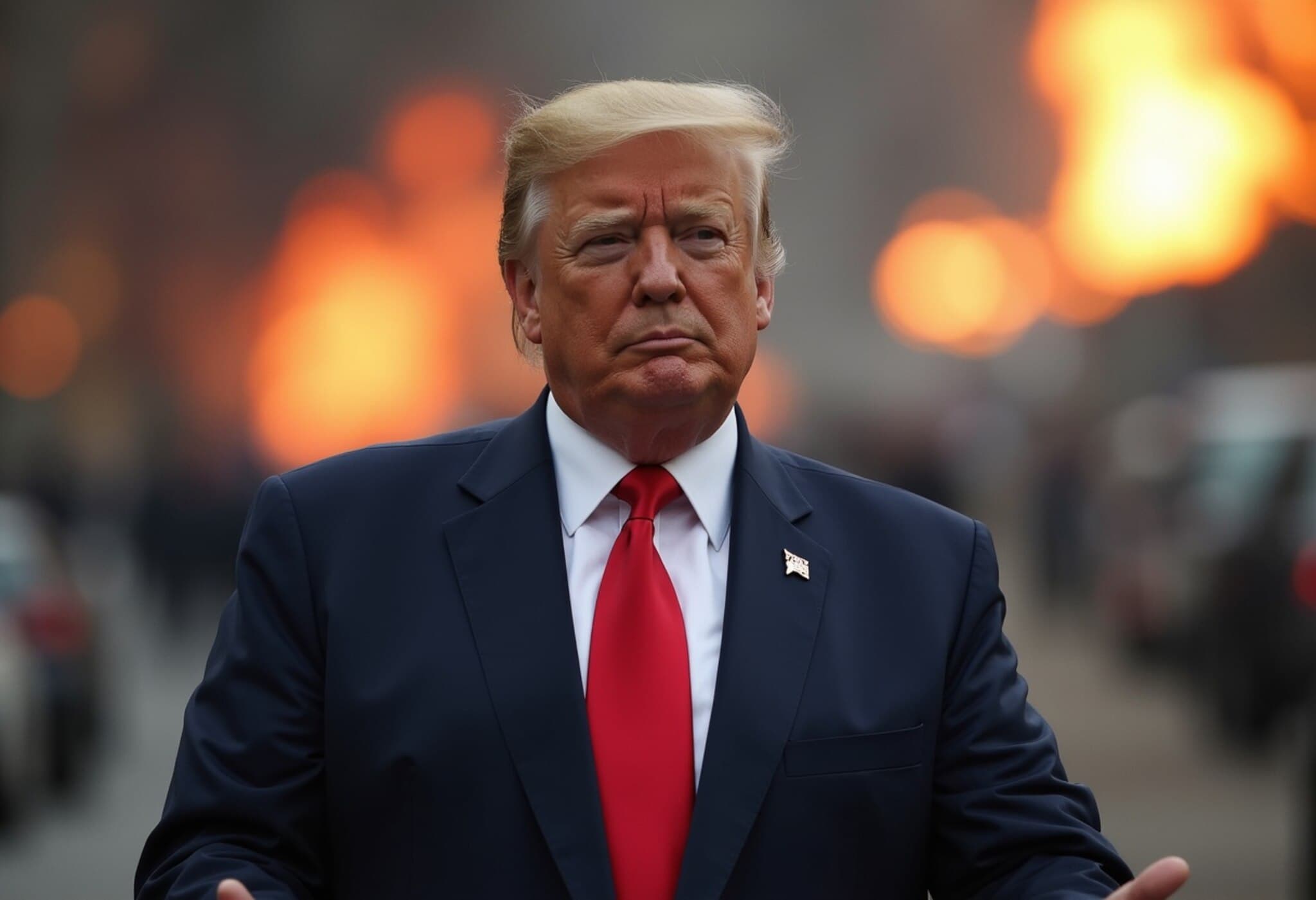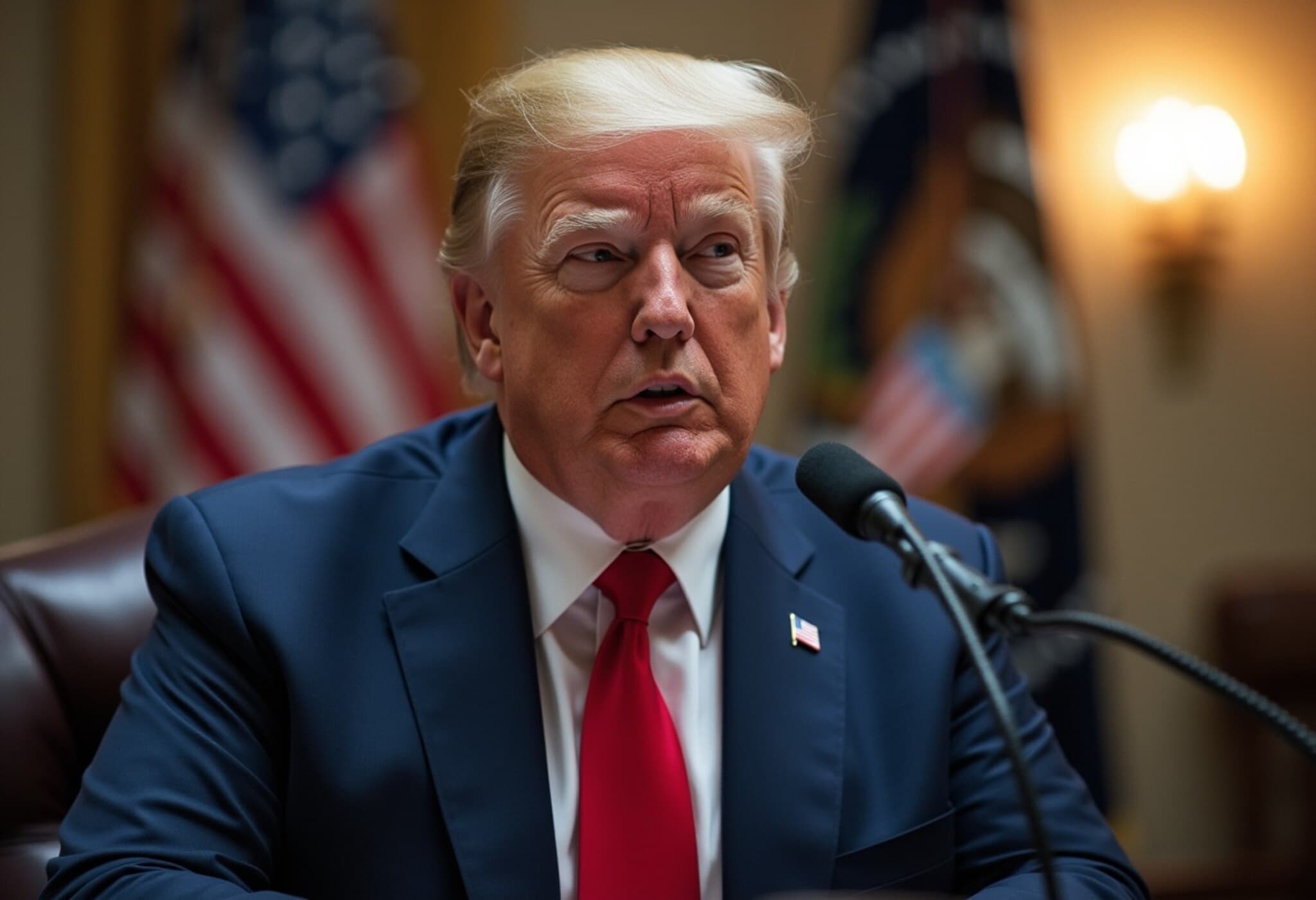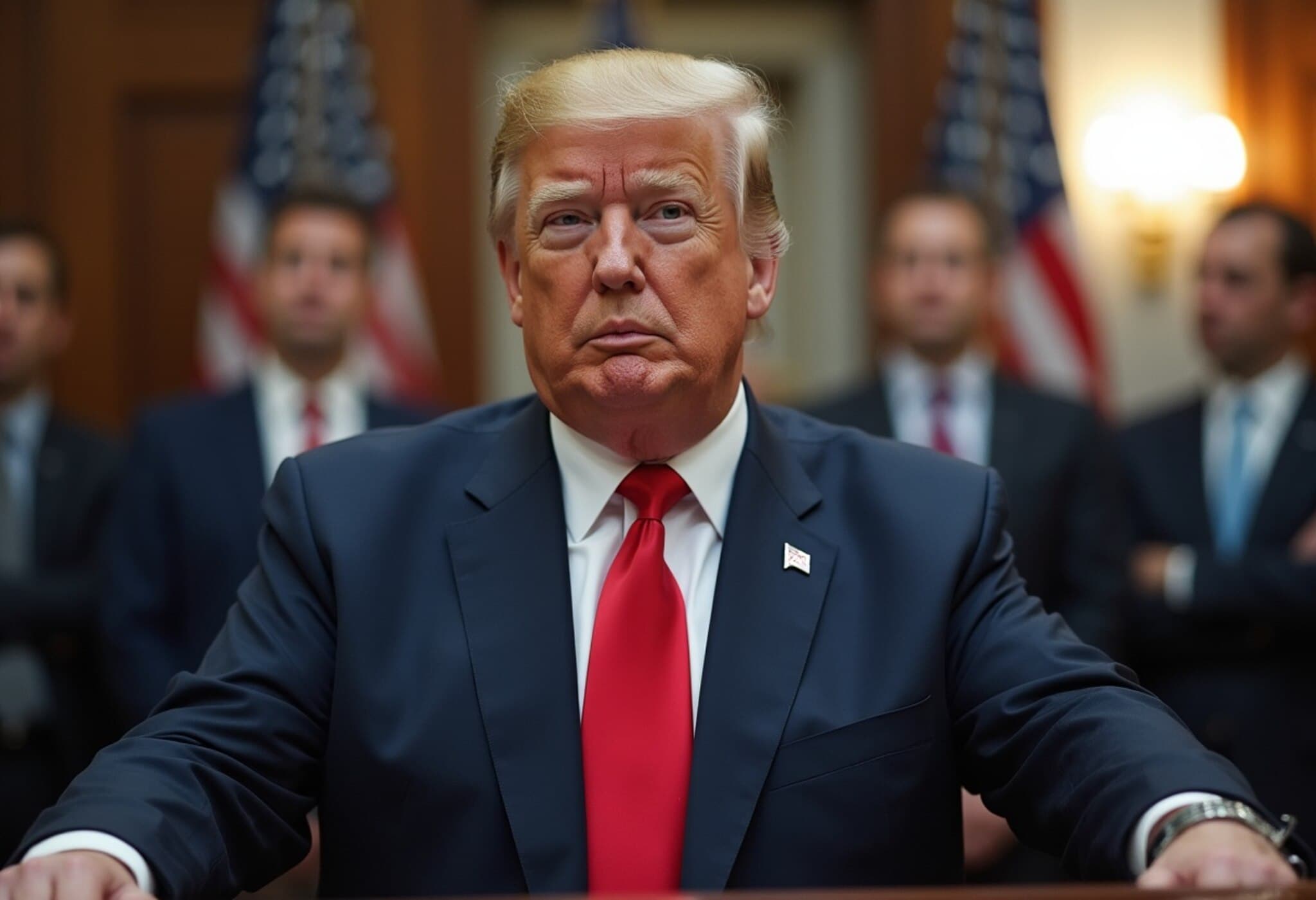Trump Cuts Short G7 Summit to Address Escalating Middle East Crisis
President Donald Trump unexpectedly departed the G7 summit in Calgary after less than a day, leaving behind a planned meeting with India's Prime Minister Narendra Modi. This abrupt exit comes amid heightened tensions in the Middle East, signaling possible U.S. involvement in addressing Iran’s nuclear ambitions.
Urgent Warning and Unfolding Security Concerns
As Trump left Calgary, White House spokesperson Karoline Leavitt emphasized that while significant progress had been made at the summit, the unfolding situation in the Middle East demanded the president’s immediate attention. Trump, fueling speculation, warned the world to "immediately evacuate Tehran," highlighting his firm stance that Iran must not acquire nuclear weapons.
Crucial National Security Meeting Awaited
Upon return to Washington, Trump is expected to convene a National Security Council session in the White House Situation Room. Discussions likely will revolve around a potentially decisive strike to dismantle Iran’s nuclear program, specifically targeting the Fordo underground nuclear enrichment site believed to be deeply fortified.
US Military Options: The Bunker-Buster Strategy
Reports suggest the U.S. may deploy the Massive Ordnance Penetrator (GBU-57), a heavyweight bunker-busting bomb designed to obliterate deeply buried facilities. Weighing 13,600 kilograms and stretching 20 feet long, the GBU-57 can only be delivered by B-2 stealth bombers, a capability Israel lacks despite close alliance ties.
Experts indicate multiple such bombs might be necessary to ensure the complete neutralization of Fordo, which many hawks consider the primary barrier to halting Iran’s nuclear progress. Anything less than this might allow Iran to continue its secretive weapon development.
Growing Divisions Within Trump's Support Base
Trump’s readiness to back Israel with advanced munitions has stirred unrest among some of his staunchest MAGA allies. Figures like influential commentator Tucker Carlson and Congresswoman Marjorie Taylor Greene have voiced sharp criticism, arguing this approach contradicts the "America First" principle and risks entangling the U.S. in an unnecessary foreign conflict.
- Tucker Carlson warned on a podcast that the U.S., already stretched financially, should avoid further military involvement abroad. Trump responded on social media, reaffirming his zero-tolerance stance toward an Iranian nuclear weapon.
- Marjorie Taylor Greene denounced calls for U.S. escalation, labeling the enthusiasm for war as "disgusting" and cautioning it could rapidly destabilize the broader Middle East and drag global powers into a larger confrontation.
Potential Ripple Effects Across Global Alliances
Concerns loom over how increased U.S. military actions against Iran could widen the conflict, potentially impacting alliances such as BRICS and NATO, as countries may face pressure to take sides. The situation remains fluid, with unpredictable geopolitical consequences.
Conclusion
President Trump’s sudden departure from the G7 summit and vocal warnings underscore an intensifying U.S. posture toward Iran’s nuclear program. With debates raging within his own political base, the coming days will be critical in determining the scope and direction of U.S. involvement in the region’s escalating tensions.

